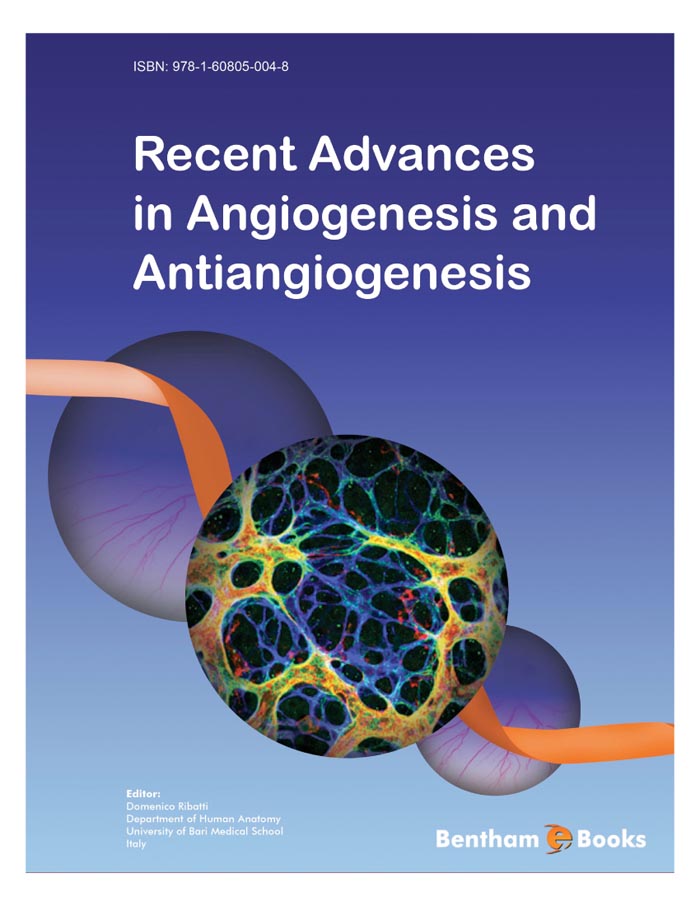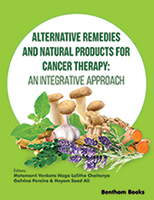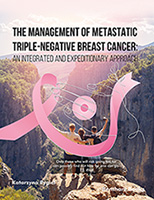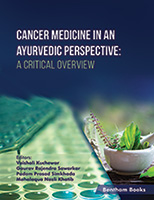Foreword
It has been known for a very long time that blood vessels are essential to deliver oxygen, nutrients and key regulatory signals to the tissues. Early pioneers like Glenn Algire and Isaac Michaelson observed several decades ago that tumor growth and certain eye disorders resulting in impaired vision, including proliferative diabetic retinopathy, are accompanied by increased vascular proliferation and proposed that the new vessels play a pathogenic role in these disorders. In 1971 Judah Folkman was the first to appreciate the therapeutic potential of the field, proposing that anti-angiogenesis might represent a therapy for solid tumors. This vision has been, at least in part, fulfilled by the recent approval of several anti-angiogenic drugs for the treatment of advanced tumors and age-related macular degeneration. Also, as of February 2009, almost 40,000 Medline citations are found under the keyword “angiogenesis”, reflecting the interest among basic scientists and clinicians in this field
The progress in basic biology and in the clinical applications notwithstanding, much more needs to be done. Indeed, the clinical results with anti-angiogenic agents posed a series of questions that will need to be addressed before the field can advance in a meaningful way. To mention a few, it will be of great importance to identify the molecular pathways mediating tumor resistance to angiogenesis inhibitors, establish the most effective combinatorial therapies and identify the patients that are more likely to benefit from such treatments.
The book edited by Prof. Domenico Ribatti provides a broad overview of the molecular and clinical aspects of angiogenesis and addresses the aforementioned questions. Chapters written by experts in their respective fields will make the reader acquainted with a variety of topics ranging from the role of axon guidance molecules in angiogenesis, the role of circulating endothelial cells in tumorigenesis, to the characterization of novel cellular and pharmacological approaches to inhibit angiogenesis. As such, the volume should be particularly useful to basic investigators, oncologists, opthalmologists and clinicians interested in the latest advances in this exciting field.
Napoleone Ferrara, M.D
Genentech Inc
San Francisco, CA
USA





